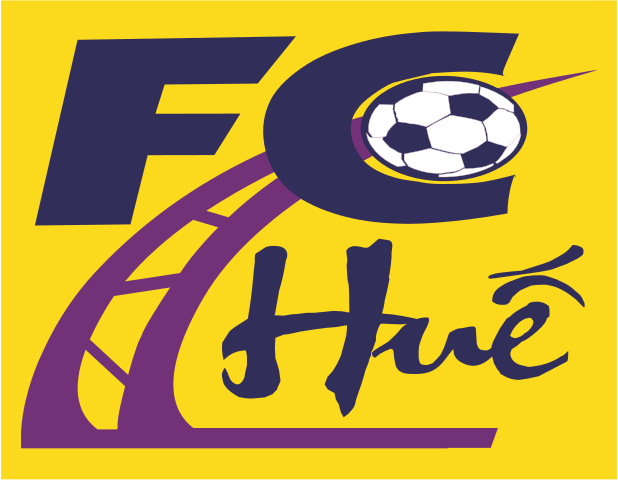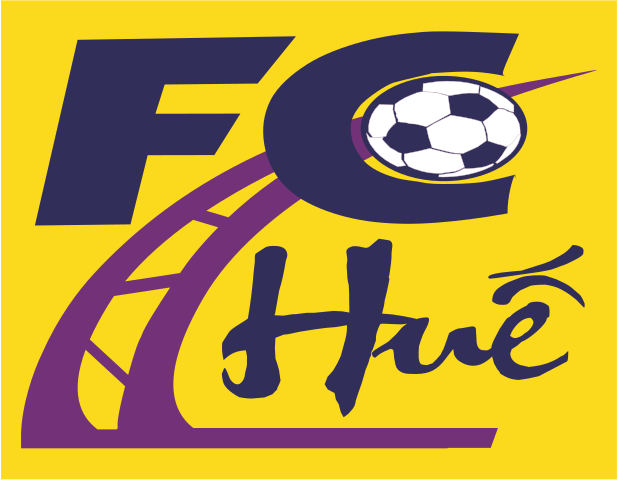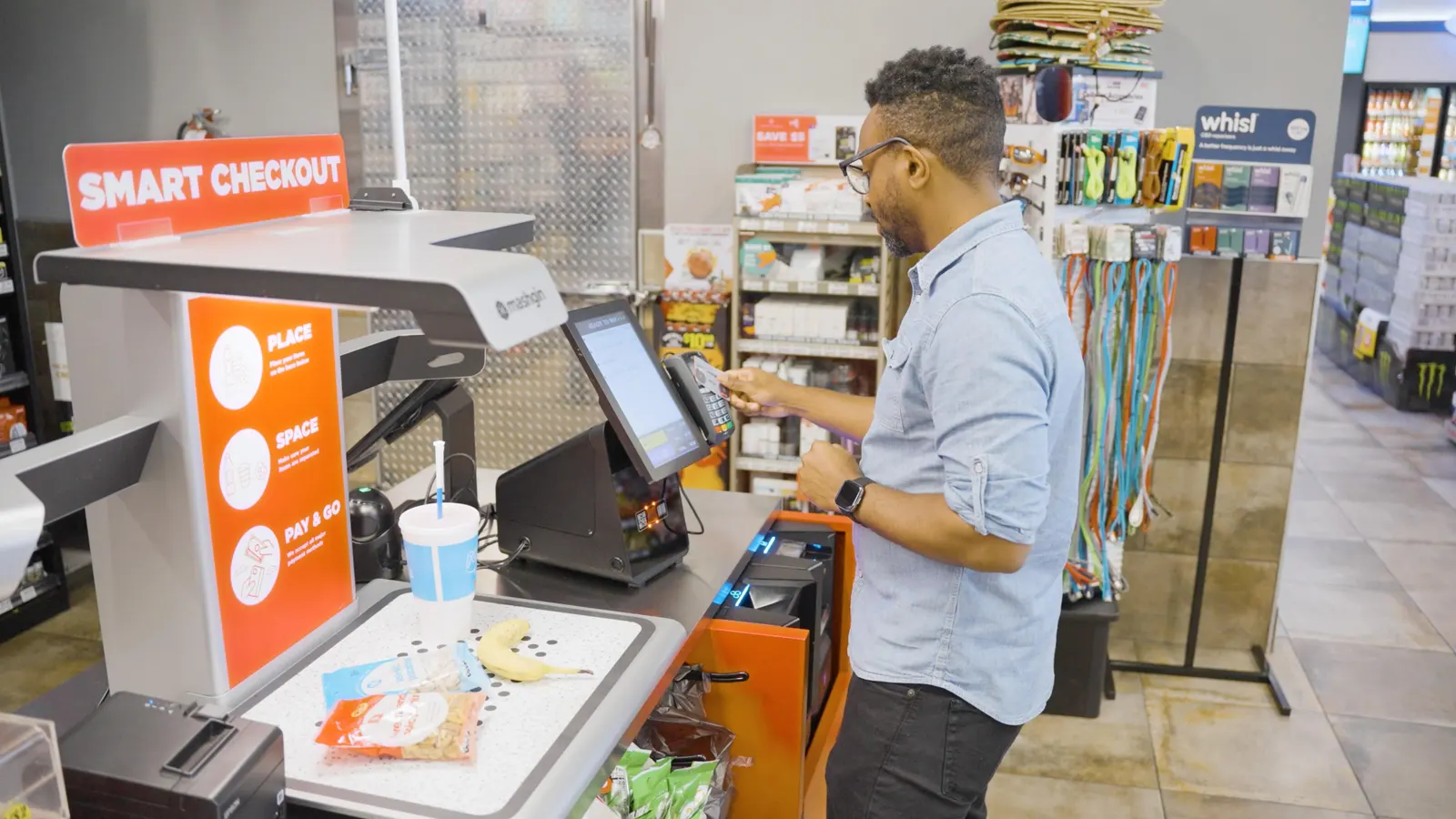The global market for self-checkout in retail is a theater of intense and highly concentrated competition, where a few established giants battle for massive, long-term contracts with the world's largest retail chains. A close examination of the Self Checkout in Retail Market Competition reveals a rivalry that is fought on the basis of hardware reliability, manufacturing scale, global service capabilities, and the strength of long-standing customer relationships. The competitive landscape for traditional, kiosk-based self-checkout is a classic oligopoly, with a few dominant players controlling a majority of the market. However, a new and disruptive competitive front is emerging from the world of software and AI, challenging the hardware-centric model of the incumbents. The Self Checkout in Retail Market size is projected to grow USD 17.62 Billion by 2035, exhibiting a CAGR of 13.44% during the forecast period 2025-2035. This sustained growth, driven by the retailer's relentless pursuit of operational efficiency, ensures that the competition will remain fierce, with the incumbents defending their turf and new challengers trying to redefine the very nature of the checkout process.
The central competitive dynamic is the head-to-head battle between the major, established retail technology and hardware manufacturers, primarily NCR, Toshiba Global Commerce Solutions, and Diebold Nixdorf. This is a competition of titans. They compete for the massive, multi-year, multi-million-dollar contracts to supply and service the self-checkout fleets of major grocery and big-box retailers like Walmart, Carrefour, and Tesco. The primary basis of competition is the robustness and reliability of their hardware. A self-checkout machine is a complex piece of equipment that must be able to withstand millions of transactions in a harsh retail environment. The vendors compete on the quality of their scanners, scales, and cash-handling components. Another key competitive differentiator is the scale and quality of their global service and support network. For a large retailer with thousands of stores, the ability of a vendor to provide fast, on-site service and repair for its self-checkout machines anywhere in the world is a critical purchasing criterion. The incumbents' massive, established service networks are a formidable competitive moat.
This primary hardware-centric rivalry is being increasingly challenged by a new form of competition that is software-driven. The rise of "scan-and-go" mobile applications and fully frictionless, "walk-out" stores represents a fundamental competitive threat to the traditional kiosk model. The competitors here are not other hardware manufacturers, but a mix of the retailers' own in-house development teams, specialized retail software startups, and, most powerfully, the technology giant Amazon, with its Amazon Go technology. These new models compete not on hardware reliability, but on providing a superior, more convenient, and more frictionless customer experience. They aim to eliminate the checkout lane entirely. This forces the traditional kiosk manufacturers to respond by making their own hardware more intelligent, more user-friendly, and more integrated with the shopper's mobile device. The competition is evolving from a battle over the best physical checkout machine to a broader battle over the best overall checkout experience, whether that experience is on a kiosk, on a customer's own phone, or completely invisible.
Top Trending Reports -



